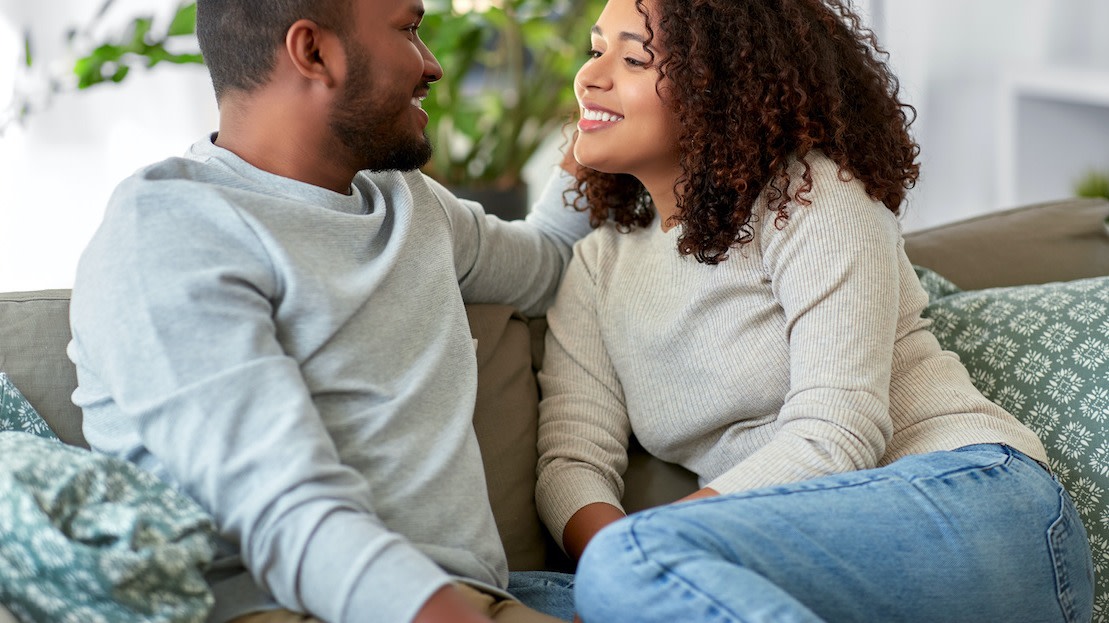Mindfulness in Relationships: How to Build a Mindful Relationship
Written by MasterClass
Last updated: Jul 22, 2022 • 3 min read
Mindfulness helps you increase awareness of your (and your partner’s) needs to practice effective communication. It’s a valuable method for reducing stress and improving overall relationship satisfaction.
Learn From the Best
What Is Mindfulness in a Relationship?
Mindfulness is the awareness that arises from paying attention to the present moment, deliberately and without judgment. When it comes to romantic relationships, mindfulness can help you become more attuned to both your own needs and your partner's needs. Couples can effectively reap the benefits of mindfulness exercises whether they perform the practice together or separately, as it’s more about the result rather than having a shared experience.
What Does a Mindful Relationship Look Like?
Here are some characteristics of a mindful relationship:
- Acceptance: Couples focused on cultivating a mindful relationship seek to make their partner feel understood. Mutual acceptance helps boost your self-esteem and improve your self-image.
- Compassion: Self-compassion, as well as compassion for your partner, is essential to the health of your relationship. Compassion involves acknowledging that human beings are not perfect—including yourself. Recognize that all people deserve grace and forgiveness.
- Curiosity: Relational intimacy and curiosity go hand in hand. Intimate relationships are more likely to thrive when both partners are curious about the other’s ideas, passions, desires, and beliefs.
- Openness: A mindful relationship lacks defensiveness. A mindful person welcomes other points of view and actively seeks to learn new information about their partner.
Why Is Mindfulness Important in a Relationship?
There are several notable benefits of mindfulness in relationships.
- Mindfulness aids emotion regulation. Mindfulness can help tame your reactivity by giving you tools for coping with negative emotions when they arise. With emotional regulation, you can calmly communicate with your partner rather than lashing out.
- Mindfulness increases self-awareness. Although it sounds cliché, to fully pay attention to others, you must first learn to pay attention to yourself. Mindfulness practices can help you get in touch with your own needs and provide the basis for healthy relationships to thrive.
- Mindfulness is an effective stress reduction strategy. Mindfulness can reduce relationship stress by helping improve your stress response. Less stressed couples are likely to experience higher levels of relationship satisfaction. Try these stress management tips from Jon Kabat-Zinn, founder of Mindfulness-Based Stress Reduction (MBSR).
How to Build a Mindful Relationship
Consider these mindfulness tips for developing better relationships:
- Establish a daily meditation practice. Whether you meditate separately or individually, be consistent with your mediation. Breathing exercises are simple meditations that couples can easily practice together. Sit facing one another. Make sure you’re both comfortable. Close your eyes and gently grasp your partner’s hands. Take a deep breath in for four seconds, hold for four seconds, and breathe out for six. Repeat four to six times. Check out Jon-Kabat Zinn’s meditation guide to get started.
- Practice loving-kindness meditation. Loving-kindness meditation, or Metta meditation, centers on compassion, directing the meditator to feel love and kindness toward everyone in their lives, even those they consider enemies. The loving-kindness meditation’s goal is to cultivate feelings of love and kindness that can erase the negative thoughts and feelings that cause stress.
- Focus on mindful communication. Mindful communication involves giving your partner your full attention when they’re speaking to you. Avoid distractions, including your smartphone, and make eye contact with your partner. Practice active listening by exhibiting body language that signals you‘re engaged and listening to what they have to say. Reserve judgment and keep an open mind. If there’s something you don’t understand, ask questions and consider your partner‘s answer before responding. Learn how to communicate better.
- Schedule time for one another. The busyness of life can make it challenging to spend quality time with your partner. Although spontaneity might feel more romantic, scheduling time for date nights is a great way to ensure there’s time for intimacy in your relationship.
Let’s Talk About Sex
Craving a little more intimacy? Grab a MasterClass Annual Membership and learn more about open communication with your partners, experimenting in the bedroom, and being your own best sexual advocate with a little help from Emily Morse (host of the wildly popular podcast Sex With Emily).
